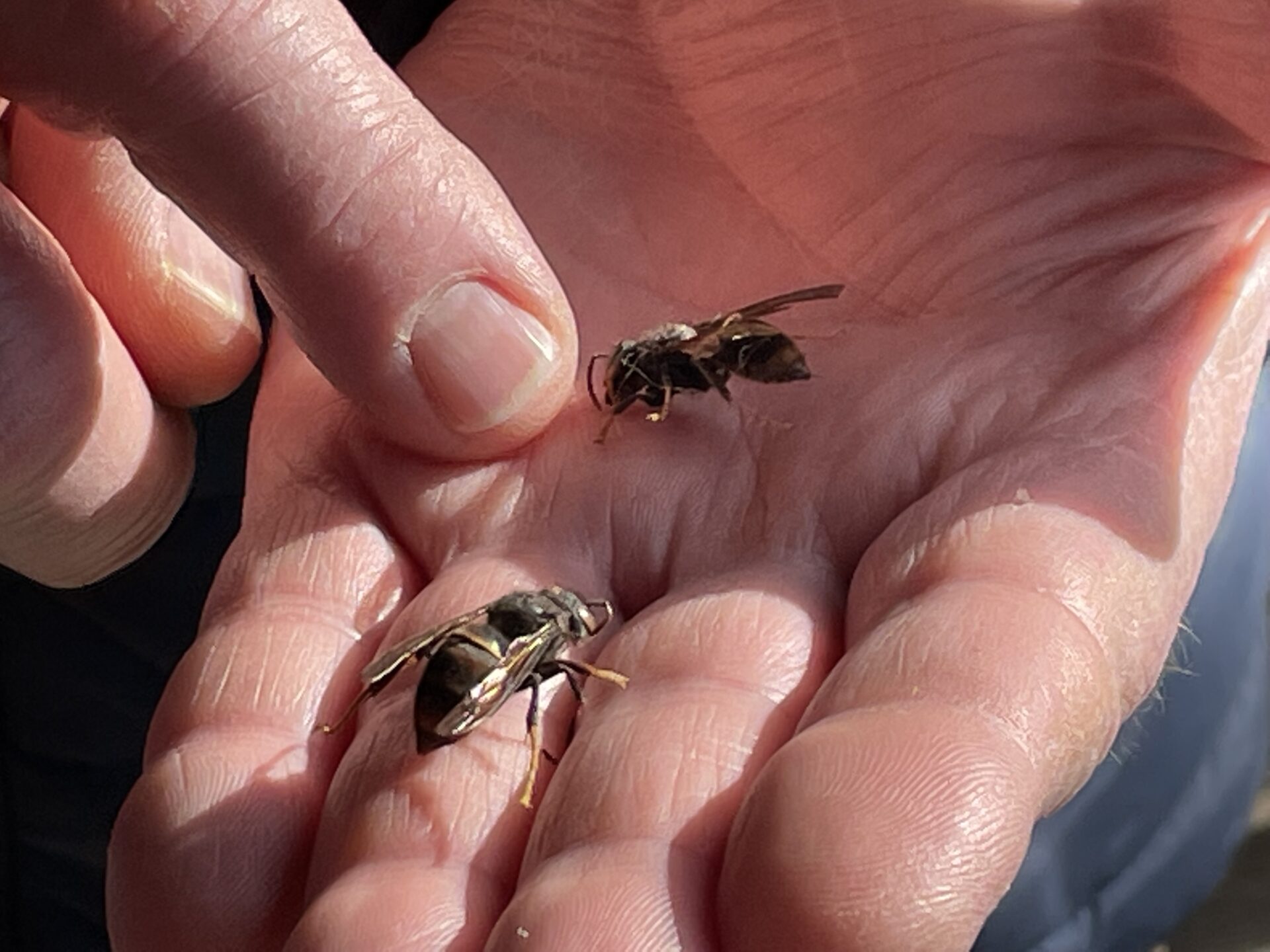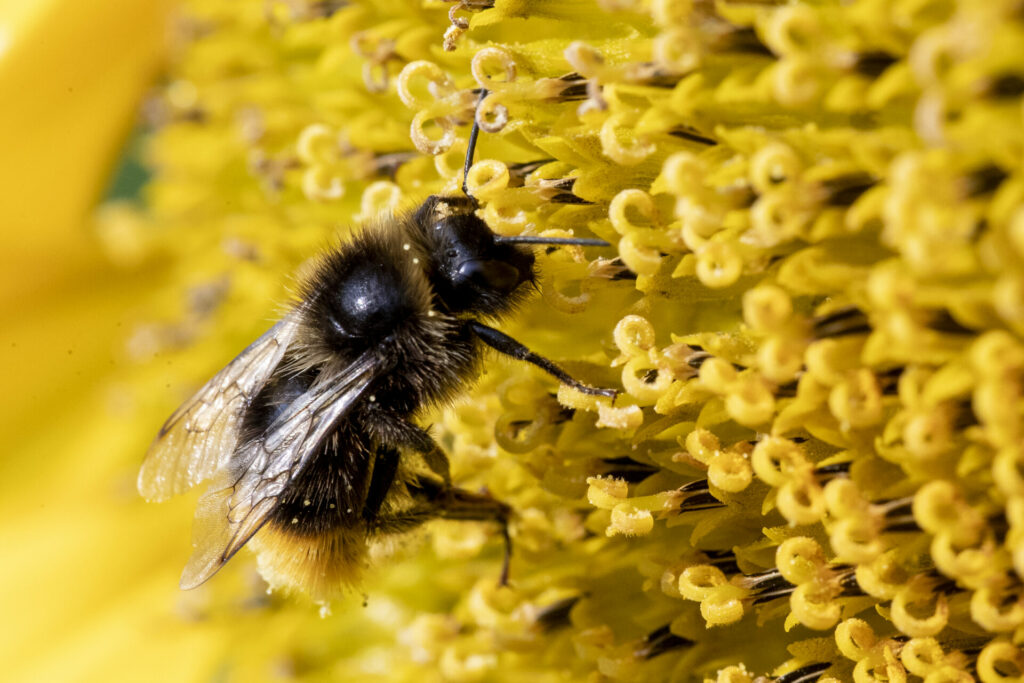In several parts of Flanders, 75% of the bee population did not survive the winter, with some beekeepers even losing all their bees. More worryingly, this massive mortality cannot be fully explained.
The Flemish Beekeeping Institute (VBI) conducts an annual survey of its beekeepers to check winter mortality. This year's results, published at the end of February, showed a 23% winter mortality – a slight improvement over last year but still a poor result.
"But the readings are a gross underestimate," VBI president René De Backer told Belga News Agency, who explained that since then there has been another decline in the population.
"We were never before faced with a bee mortality that is so massive. This is unprecedented and calls for urgent action. There is reluctance among many to report losses because it makes them feel like a bad beekeeper."
In some places, including Lier, Sint-Katelijne-Waver and Nijlen region, Flemish beekeepers are experiencing losses of up to 75%. While there is generally less bee mortality in Limburg, some keepers here have lost all their bees. High bee mortality is also being recorded in The Netherlands.
Bees are part of the biodiversity on which humans all depend for their survival, as these pollinators contribute directly to food security. According to the Food and Agriculture Organisation (FAO), one-third of the world’s food production depends on bees.
Broader research needed
The VBI stresses that it is "inexplicable and bizarre" that there are such regional differences.
There are several known reasons why bees have found it increasingly difficult in recent winters, ranging from there being too few flowers that can provide bees with enough nectar and pollen, to too many private gardens being paved over, deteriorating the biotope of bees. The parasitic varroa mite also attacks and feeds on the honey bees.

People have been called on to kill Asian hornets. Credit: Belga/ Marc Dirix
"But we are also seeing big losses in varroa-resistant bees this year, so other factors must also be at play," said the VBI, possibly pointing to climate warming and new attackers, such as the Asian hornet, which eats pollinators such as honey bees and wild bees.
The VIB has called on the Flemish Ministry of Agriculture and to the Federal Food Agency to take urgent action, for example by planting bee-friendly plants all year round, including in the summer, not only in natural areas but also in agricultural areas and industrial zones.
Related News
De Backer also argued that broader research is needed to understand what is threatening bees and halt the "dramatic bee mortality. Otherwise, there won't be any bees left soon."

